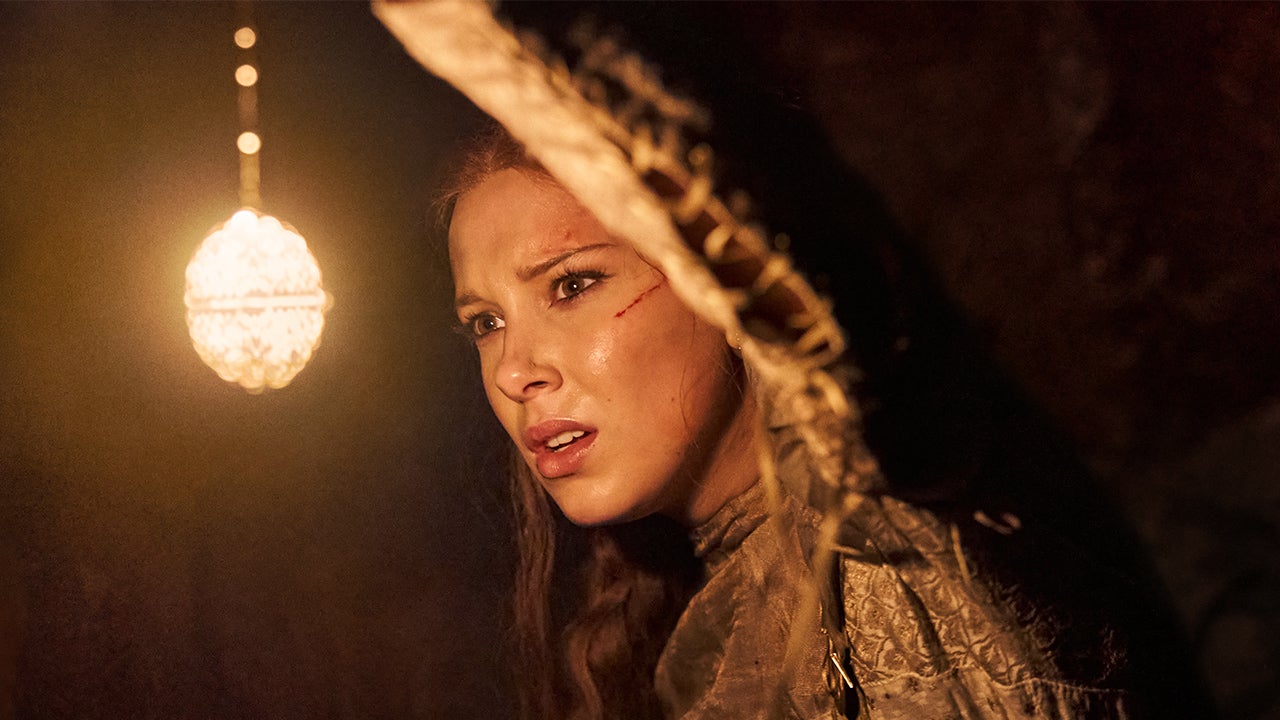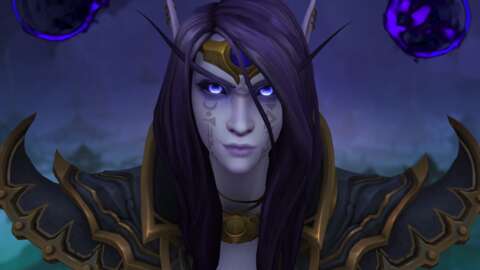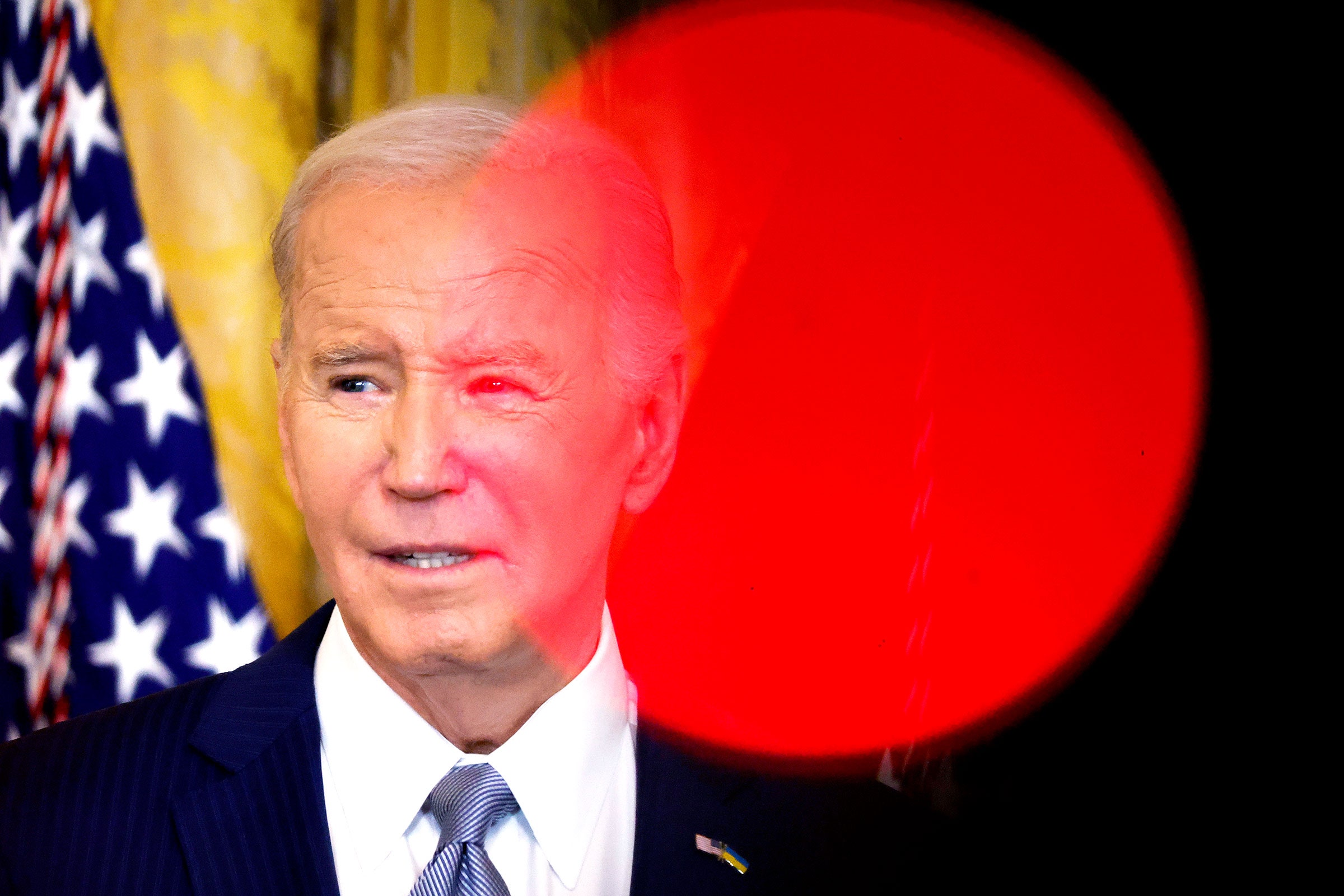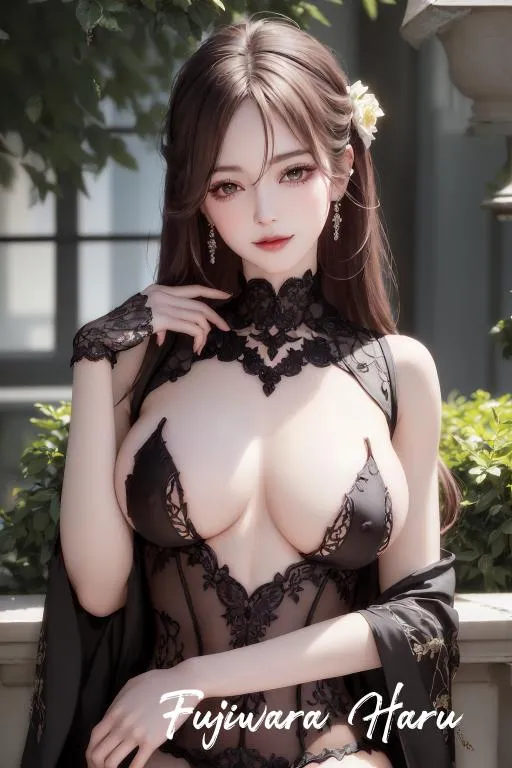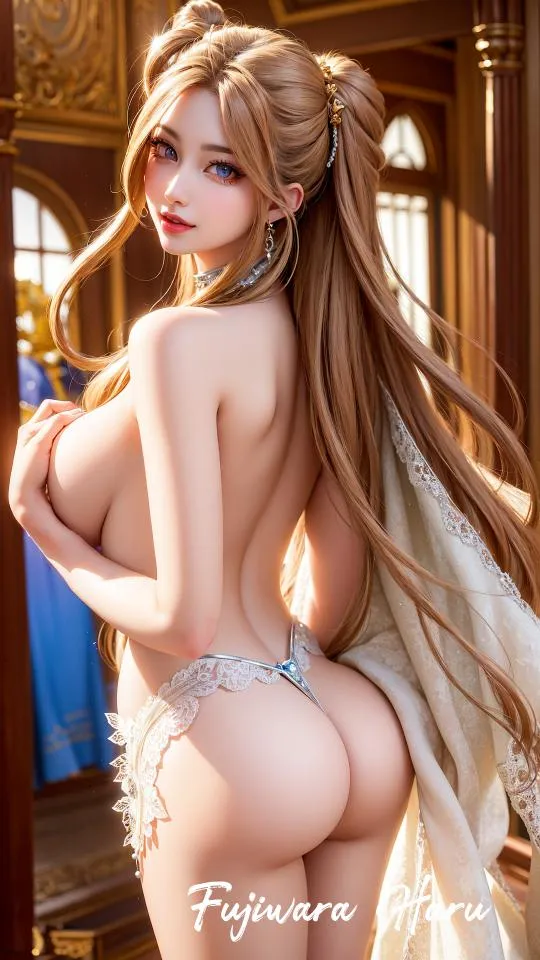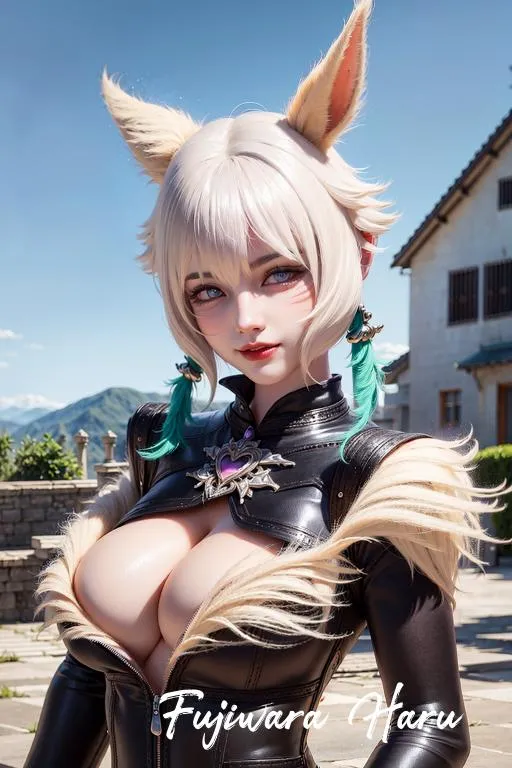"There are many stories of chivalry where the heroic knight saves the damsel in distress. This is not one of them," Princess Elodie (Millie Bobby Brown) assures the audience at the beginning of Juan Carlos Fresnadillo's plodding dark fantasy Damsel. Although the script, from screenwriter Dan Mazeau, clearly wants to be subversive, everything about this sorry saga is both tryhard and borrowed from much better female-led films.
It begins with somber medieval tedium: To save the cold and barren land ruled by her father, Lord Bayford (Ray Winstone), Elodie's hand in marriage is offered to a mysterious prince from the far away land of Aurea. We’re right to be suspicious of this arrangement, and not just because the mountainous island kingdom is brought to life with incredibly cheap-looking CGI: As clocked by his wife, Lady Bayford (Angela Bassett), the lord’s demeanor shifts after a meeting with Aurea’s Queen Isabelle (Robin Wright). Elodie may have no reason to distrust her betrothed, Prince Henry (Nick Robinson), but when royal subjects in Eyes Wide Shut-style masks gather to watch the bride and groom mingle their blood in a post-wedding ceremony, the audience will be waiting for the other shoe to drop. It does, and so does Elodie, plunging into a cavernous dragon’s lair – a sacrificial offering to a beast who lived on the island long before humans did.
The first 30 minutes of Damsel are a drag. The cast plays everything as if this were a gritty, realist drama; Robinson’s vibe in particular is simultaneously too modern and too emo. Only Wright seems to know what kind of film she's in, and is able to tap into a deliciously wanton wickedness. Once the film shifts gears to pure adventure, the pace picks up nicely – though Fresnadillo, like many contemporary directors, doesn’t seem to know how to properly film in darkened spaces. (Some beautiful scenes illuminated by blue glow worms provide a saving grace.) Shohreh Aghdashloo is a real highlight as the voice of the dragon, purring taunts to Elodie with a devious lilt. If only the visual effects were of a similar quality: The CGI for her character somehow looks worse than the dragons in the nearly 22-year-old Reign of Fire.
This section is also brought down by Brown's performance, which transitions from boring eloquence to a near endless cycle of screaming and grunting. She’s further hampered by a tawdry costuming choice: As Elodie makes her escape using tools fashioned from her ornate wedding garb, her outfit grows gradually more revealing. The slow peeling away of the gown’s many layers feels thuddingly obvious: It’s Elodie literally shedding the restrictive trappings of this toxic royal family in particular, and womanhood in general. Yet, rather than achieving some sort of empowered symbolism, by the end of Damsel, Brown looks like she’s doing cut-rate Raquel-Welch-in-One Million Years B.C. cosplay.
As the truth behind the dragon's fury is revealed, it seems as if Damsel might have something interesting to say about the bloodthirsty means by which colonizers maintain their control over stolen land. (She was, after all, on Aurea first.) But the theme is merely flirted with and never fleshed out. The same goes for any aims at a “feminist” reworking of the “many tales of chivalry” alluded to in its intro. Like attempts to diversify the cast by sacrificing princesses from around the globe and of many ethnicities to the dragon, it all rings hollow – lip service from a dull movie with nothing on its mind and even less of a story to tell.
